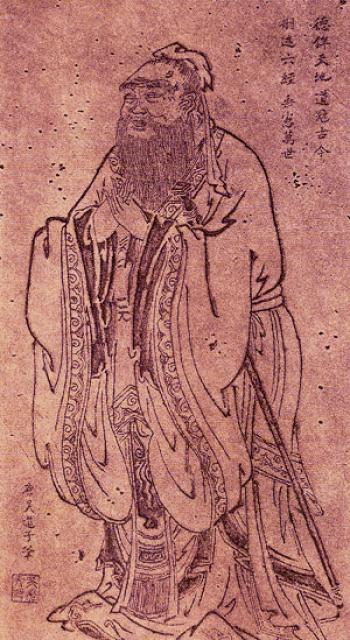Confucius Quotes
Source: The Life and Wisdom of Confucius
“The scholar does not consider gold and jade to be precious treasures, but loyalty and good faith.”
Source: The Ethics of Confucius
Source: The Analects of Confucius
“When you have faults, do not fear to abandon them.”
Source: The Analects, Other chapters
“Virtue (or the man of virtue) is not left to stand alone. He who practices it will have neighbors.”
Source: The Analects, Chapter IV
Source: The Analects of Confucius:
“The scholar who cherishes the love of comfort is not fit to be deemed a scholar.”
The Analects, Chapter I, Other chapters
Variant: A scholar who loves comfort is not worthy of the name.
Source: The Analects of Confucius
“If names be not correct, language is not in accordance with the truth of things.”
名不正,则言不顺
Paraphrased as a chinese proverb stating "The beginning of wisdom is to call things by their proper name."
Source: The Analects of Confucius
Source: The Analects, Chapter XIII
